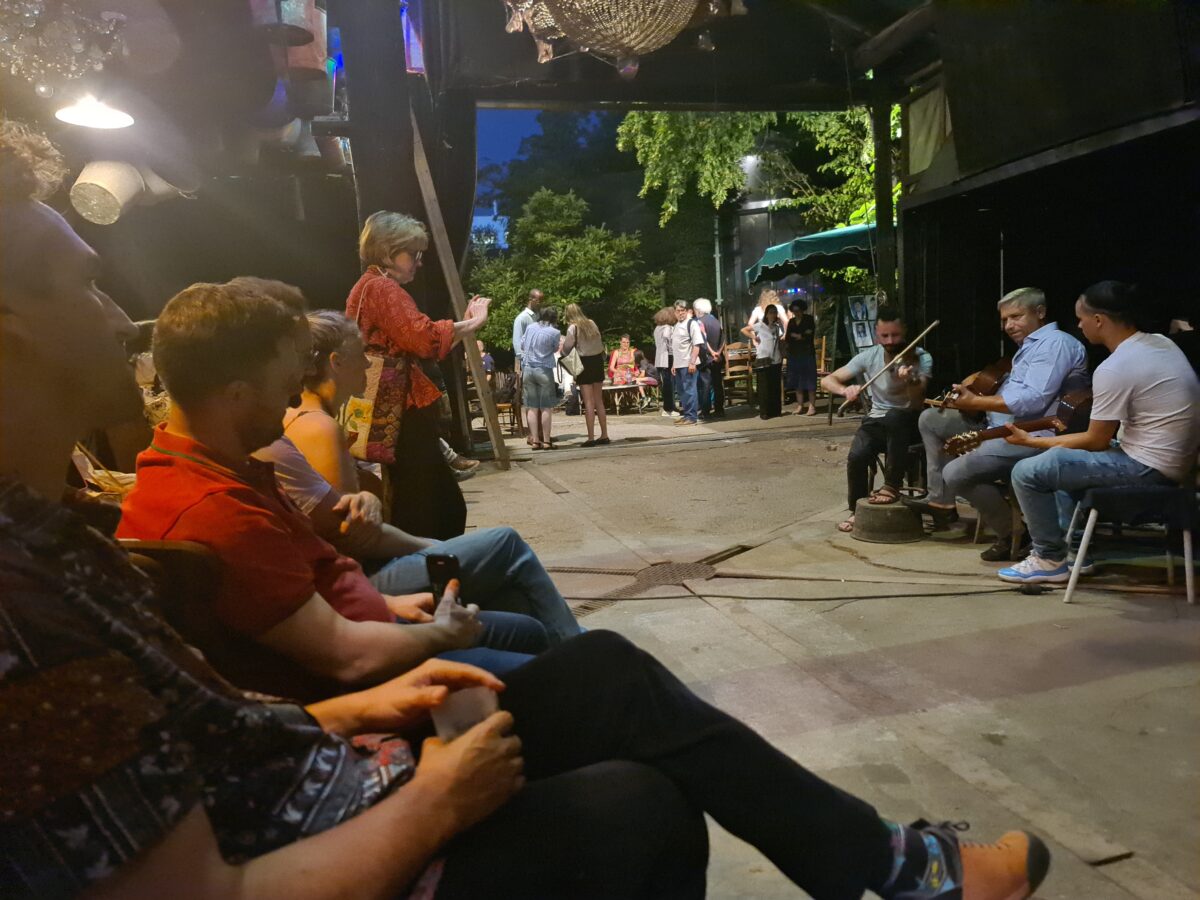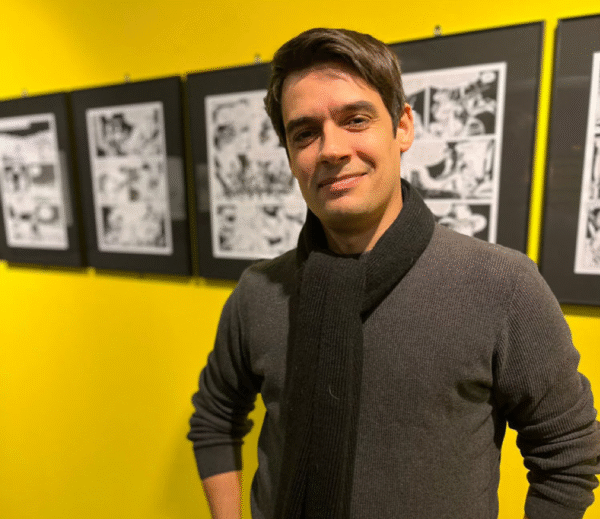INET-md joins tribute to Bernard Lortat-Jacob

The colloquium “L’art de s’émouvoir ensemble. La musique au sens de Bernard Lortat-Jacob”, organized by Filippo Bonini Baraldi, Katell Morand and Victor Stoichita, took place on 20 June 2025 at Paris Nanterre University, and brought together scholars from the United States, Canada, Portugal, Italy, Austria and France.
The aim of this international colloquium was, on the one hand, to pay tribute to the ethnomusicologist Bernard Lortat-Jacob, who died in July 2024, and, on the other hand, to discuss the founding ideas of the ethnomusicological school of Paris Nanterre University.
The Institute of Ethnomusicology – Center for Studies in Music and Dance (INET-md), University “La Sapienza” of Rome, and t Société Française d’Ethnomusicologie have joined this event as part of their intellectual links with the Centre de recherche en ethnomusicologie (CREM-LESC) of Paris Nanterre University.
Bernard Lortat-Jacob was a world-renowned ethnomusicologist specialized in the music of the Mediterranean basin. Replacing Gilbert Rouget, Lortat-Jacob refounded and directed the ethnomusicology laboratory at the Musée de l’Homme from 1990 to 2003. He carried out field research in France, Morocco, Sardinia, Romania and Albania, and his numerous publications (thirteen books, some of which have been translated into several languages, around fifty articles and eighteen audio records) have marked the discipline of ethnomusicology.
Based on meticulous fieldwork, Lortat-Jacob showed how relationships of power, seduction, friendship and companionship can be reflected in sound forms. A singer and lyricist in his spare time, he also had a particular interest in the voice and its multiple ways of embodying emotions. He was an active researcher until his death. His last work has just been published posthumously by the Société d’Ethnologie (2024), and it is largely thanks to his influence that a current of ethnomusicology has developed in Nanterre that is asserting itself as a social science.
This colloquium, in the form of a scientific tribute, made it possible to discuss the intellectual legacy left by B. Lortat-Jacob. The meeting was structured around five key concepts: listening and the “cultural ear”; experimentation in ethnomusicology and musical cognition; analysis and representations of music; voice and song; and the fieldwork “engagé”.
In each of these themes, the panels brought together the points of view of ethnomusicologists and specialists from other disciplines (anthropology, cognitive sciences and literary studies), reflecting the collaborations that B. Lortat-Jacob himself had cultivated throughout his career. The event culminated in a participatory musical evening, combining ethnomusicological theory and practice, in the spirit that was dear to B. Lortat-Jacob.




